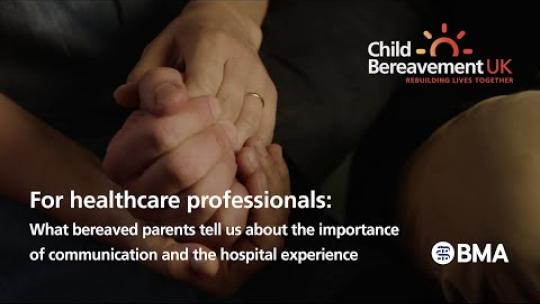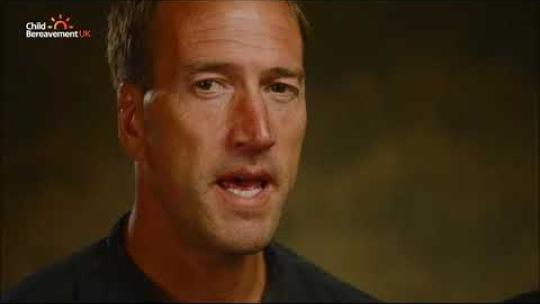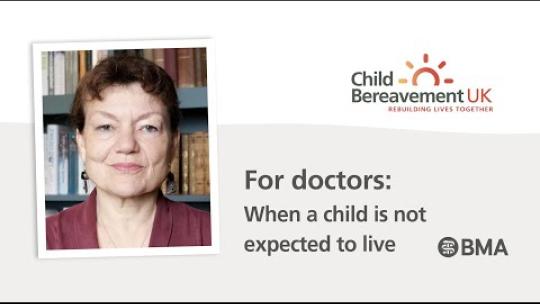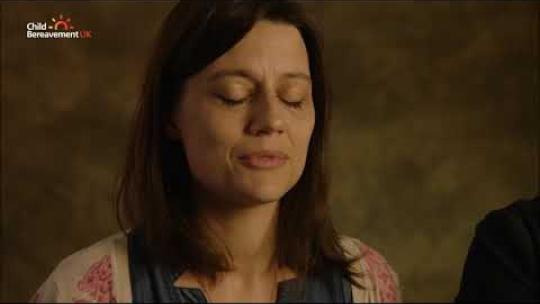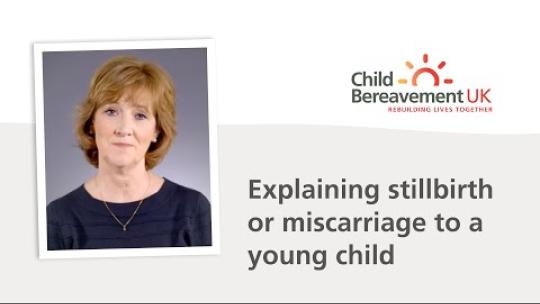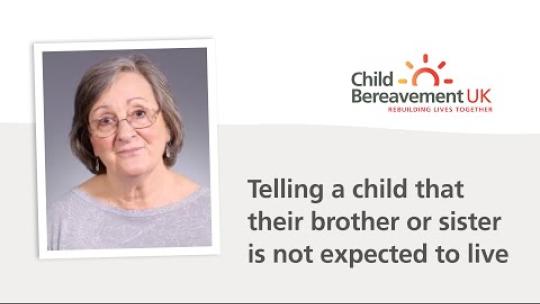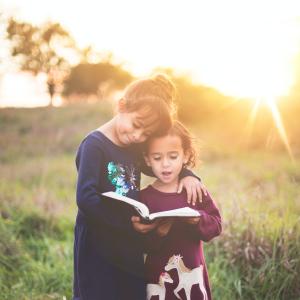Death of a child
There is no singular word that fully describes what it is like when a child dies. Losing a child goes against the natural order we expect. Bereaved caregivers may grieve the death of their child, as well as the loss of future experiences they will never get to have. Caregivers identify having to cope with many changes and feelings including isolation as social networks that existed through their deceased child disappear. Although we can’t take away the pain of losing a child, we mustn’t forget that the ways in which we support bereaved families can shape their journey through grief.
How caregivers may feel
Bereaved families often talk about some common responses. These include:
- Complete exhaustion, particularly in the early days
- Physical aches or a tightness in the throat or chest
- Being unable to concentrate on anything else, making the simplest task a challenge
- A sense of ‘what’s the point?’ to life: a feeling of complete helplessness
- A great void or emptiness that will never be filled
- A feeling that life will never again hold any pleasure or happiness
Emotions might include complete disbelief but mixed in with flashes of a reality too awful to think about. You may have feelings of guilt, feeling that your child was your responsibility to keep safe, that there should have been something you could have done to prevent their death. Some people need to blame someone else, or something else. For others this is not an issue. Even if these feelings are not rational, they can be strong and can replay over and over again as you try to make sense of what has happened.
Primary loss and secondary losses
When a child of any age dies, parents and caregivers lose much more than a precious son or daughter. Life as they knew it has been irreversibly changed. They lose a future which included a child they nurtured, cared for, loved and who has now been taken away from them. With younger children the milestones are different from those of a teenager, or a young adult, but the pain surrounding shattered dreams is the same whatever the age.
It is important to remember that in addition to the death of a child (i.e., the primary loss), there are also many secondary losses that come with it, including things like the loss of an imagined future, the loss of one's routine, the loss of one's identity as a caregiver, and even a loss of faith. These secondary losses should not be minimized; they are an important piece of what families may be grieving in addition to the loss of their child.
Grief and relationships
Caregivers may change so much after the death of their child that to each other they become unrecognizable as the people who met and began a family life years before. They will need to discover who they are all over again and both partners will need space and time as they grieve for their child in their own way and on their own timelines.
Marriages and partnerships may shake or crumble under the heavy weight of grief and loss but in time many will find a path forward. They can become stronger and life can mean something again. Some adults find their loss too painful to think about and cope by “switching off“. It can be hard if your partner appears unaffected or is behaving in a way that might seem insensitive or inappropriate. It might help to remember they are still grieving, just doing it differently.
Connecting with others after the death of a child
Many families say that only other parents who have experienced the death of their child can truly appreciate the depth of their pain and distress. They explain that this is why they feel so isolated. They do find comfort from support and concern offered by family and friends, but what is lacking is a real and deep understanding of what it is like to lose a child and how life changes as a result.
Some people will struggle with what to say and therefore say nothing. Others will unintentionally say something hurtful or insensitive. For bereaved caregivers, talking about their child who died may take energy they might not have, but if they start to talk about their child, people will often follow their lead. Others may have expectations of how they think bereaved caregivers should be feeling and what they should be doing. As a healthcare professional, you can remind bereaved caregivers that this is their grief, for their child, and they know better than anyone what is going to get them through.

